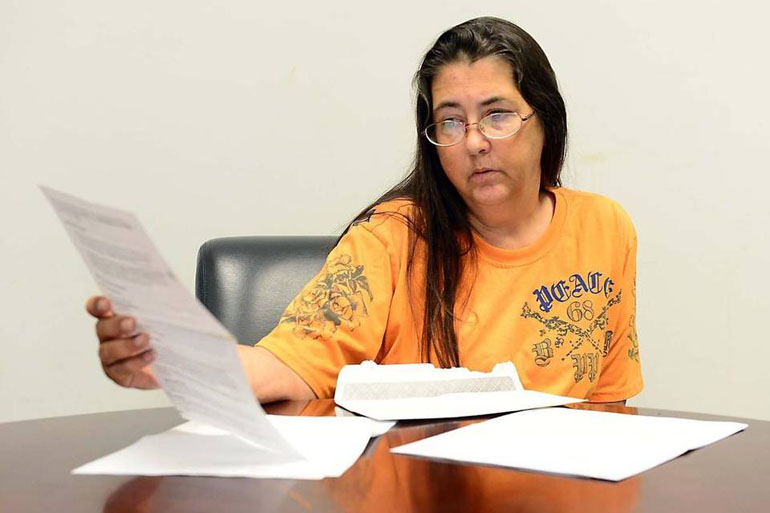Aetna is ending its relationship with a Charlotte insurance agent who used the Affordable Care Act to sell premium-free policies to hundreds of homeless people while the N.C. Department of Insurance continues its review of the arrangement.
The state has scheduled a Sept. 3 “informal administrative conference” on the sales, which sparked questions and criticism from Charlotte advocates for the homeless and national experts on the health care act. That session will be closed to the public, spokeswoman Kerry Hall said this week.
Agent Will Kennedy told the Observer last month that he encouraged homeless people to estimate their 2015 income from barter, panhandling and illegal activity at $11,700, the level that gets the maximum federal ACA subsidy. He sold hundreds of high-deductible plans in North and South Carolina, with the federal government paying the entire premium. However, those plans left people who have no reliable income responsible for a $5,000 deductible, and in some cases made them ineligible for free or low-cost medical care and prescriptions.
Kennedy insisted he had found a legal way to help people work around the Medicaid gap in North and South Carolina. The ACA was designed to provide subsidized private health insurance to low- and moderate-income people who don’t get workplace coverage, with Medicaid expanding to cover the most impoverished adults. But the Carolinas are among about two dozen Republican-led states that refused the Medicaid expansion money, leaving the poorest residents with no access to health insurance.
“What I have done, and what I make no apology for, is to work diligently to inform low-income individuals about their rights under the ACA and to help those who qualify obtain the health insurance for which they are eligible,” Kennedy said in June.
A San Francisco-based software executive reported “suspected fraud” to N.C. officials in April, after Kennedy reportedly used the company’s ACA-signup software to enroll more than 600 people in North Carolina and South Carolina in two days, most of them listing a projected income of $11,700 and many with addresses that turned out to be facilities for the homeless. George Kalogeropoulos, president of HealthSherpa Insurance Agency, told the state his company immediately disabled Kennedy’s access to the enrollment software.
In June, staff with Charlotte’s Urban Ministry Center also called state officials when dozens of homeless people who get their mail at the center began getting letters from CoventryOne insurance, which is owned by Aetna, and the federal health insurance marketplace. Some of those people said they had never signed up for insurance or told anyone they earned $11,700 a year.
Rich Hoard, budget director for the Urban Ministry Center, said the center is working with the Department of Insurance to file a complaint on behalf of the homeless. Insurance letters keep arriving, he said, including for people who don’t pick up mail at the center.
“It’s going to continue to surface for us,” he said Wednesday.
After the Observer ran an article raising questions about the sales, Aetna spokesman Walt Cherniak said the company had “terminated our relationship with (Kennedy) while our investigation continues.” He said Aetna gave Kennedy 30 days’ notice of termination without cause, effective July 28.
Cherniak declined to answer further questions, such as how many high-deductible plans Kennedy sold, how many have been canceled and whether Kennedy continues to collect monthly commissions on those that remain active. Those questions “speak to a private business relationship,” he said.
Kennedy declined further comment Wednesday but said he is compiling a response.








